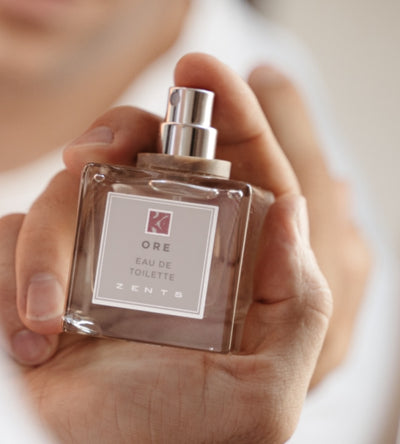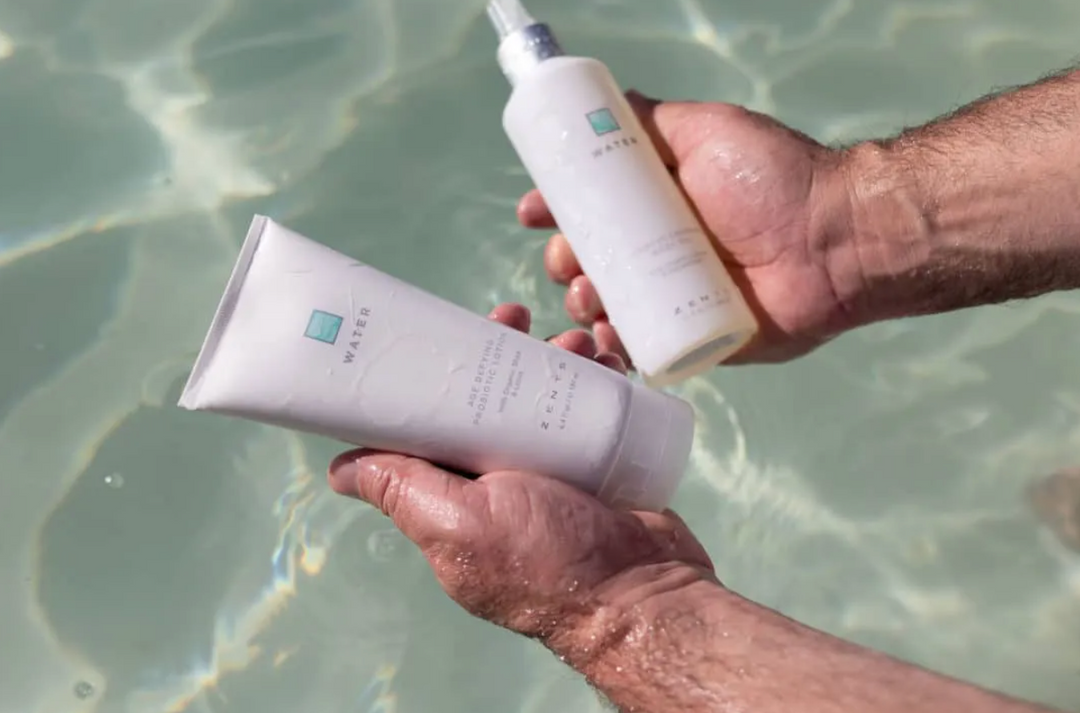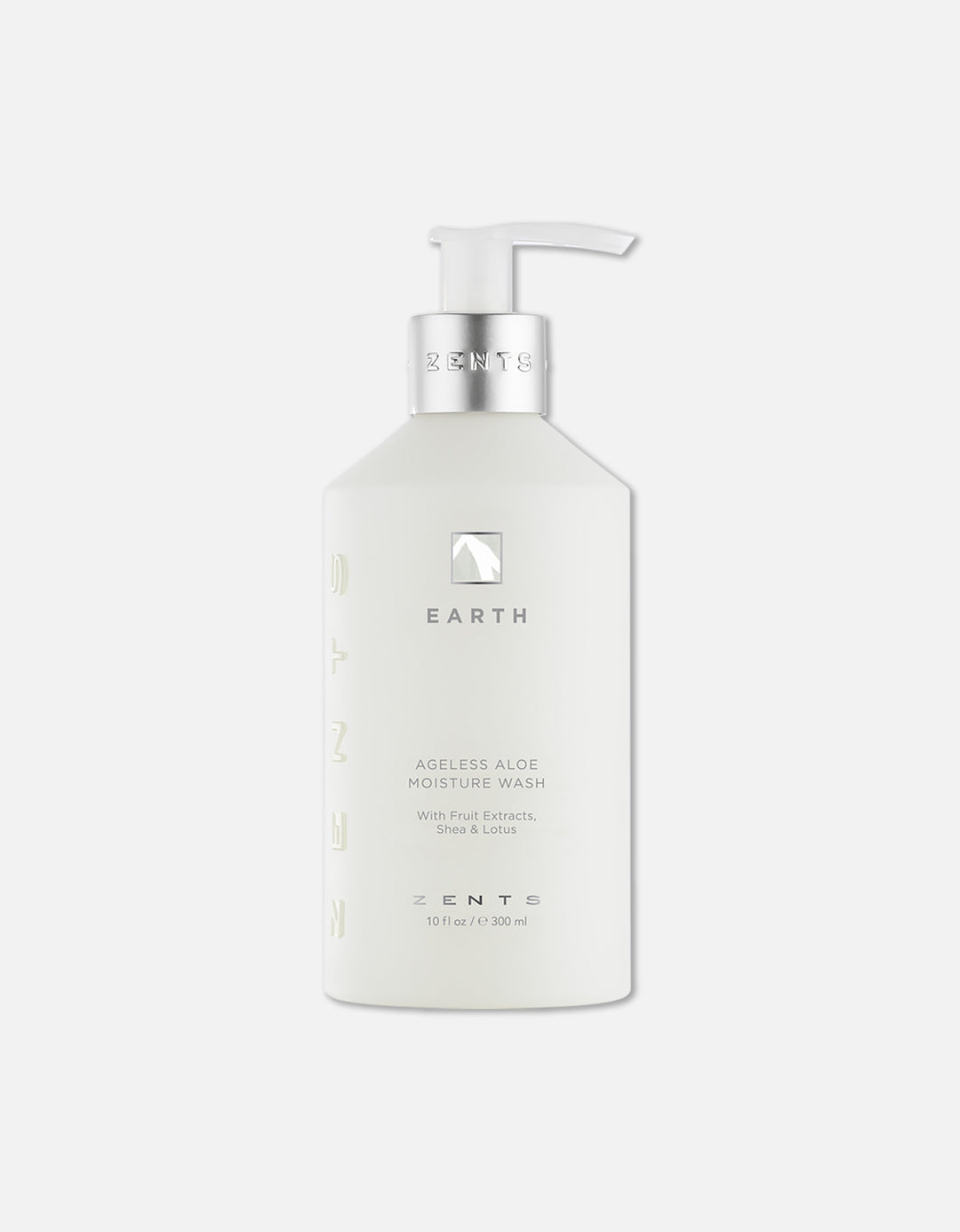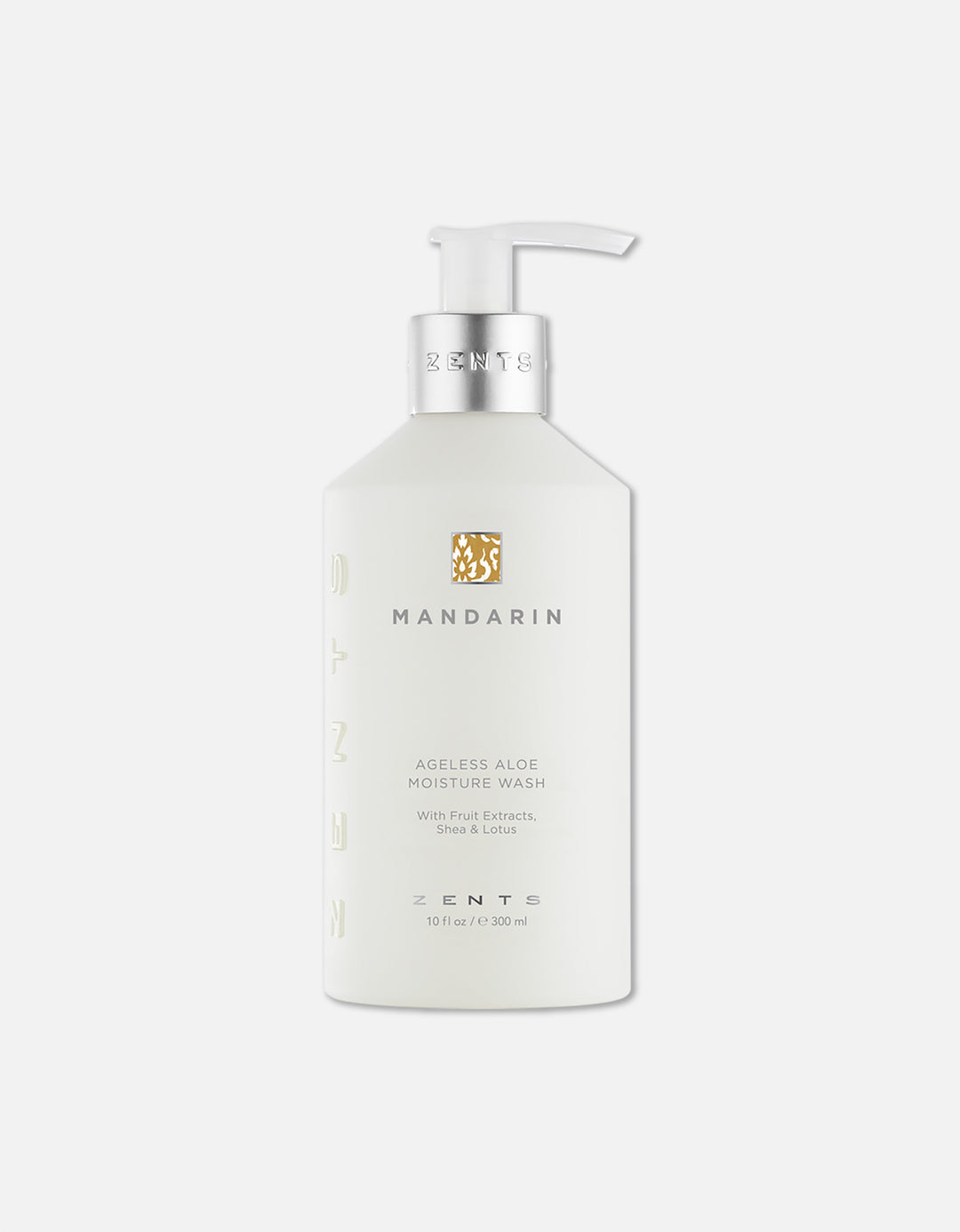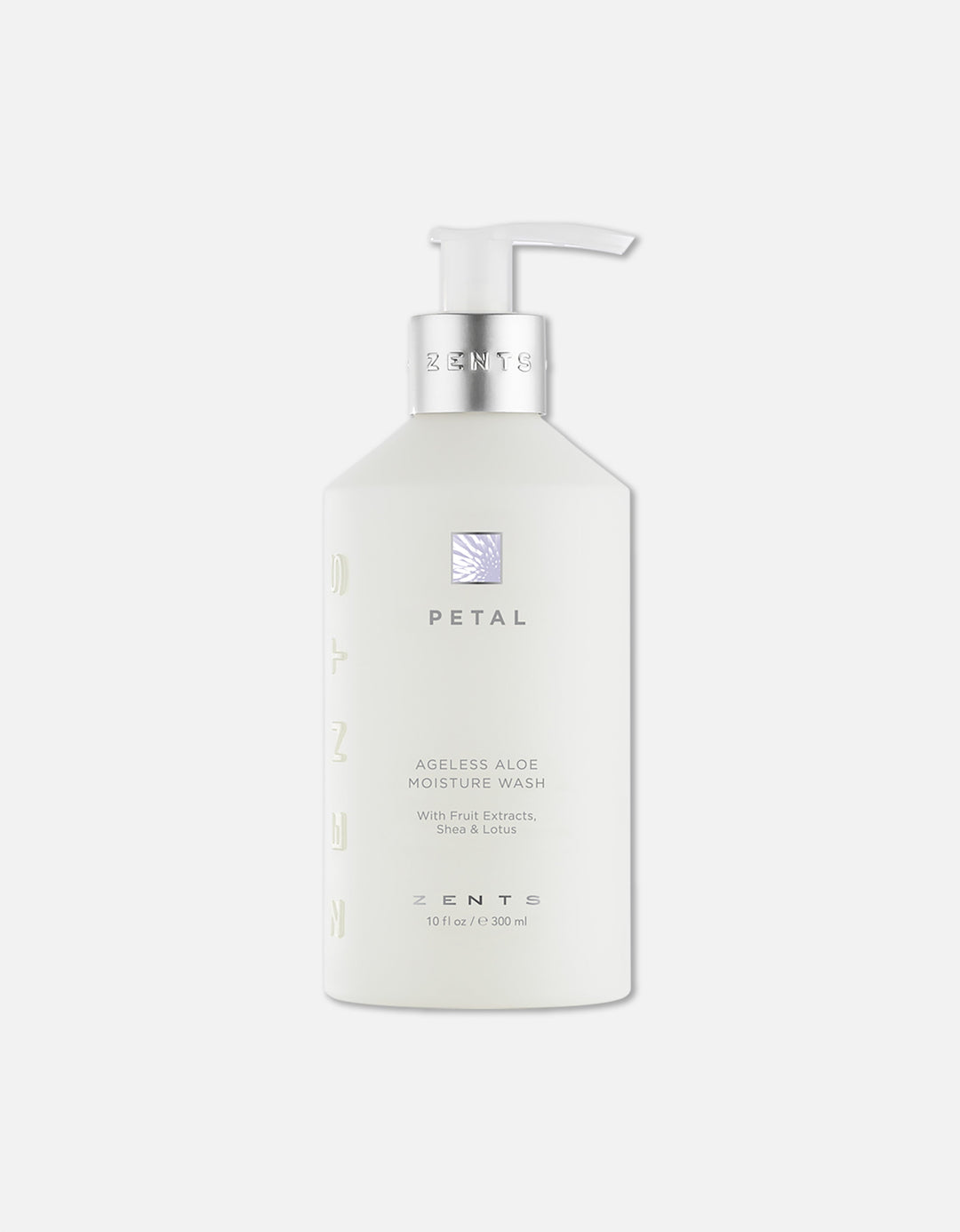How often do you think about the water you drink, cook with, bathe in, use to wash your clothes and dishes, and so on? While so many of us are fortunate to have immediate access to water, not all water supplies are the same.
There’s one aspect of your ready supply of water that you might not think about, and that’s the hardness or softness of your water.
Can the type of water you have–hard water vs. soft water–make a difference in how you care for your skin? Yes, it can.
So, what’s the difference between hard and soft water? It’s all about the mineral content. Hard water tends to have more minerals, specifically calcium and magnesium, and the higher the levels of these minerals, the harder the water. Soft water has lower levels of these minerals and more sodium. How can you tell how hard or soft your water might be? It’s actually pretty easy.

Signs that you have hard water:
- You see spots on glasses and silverware when emptying your dishwasher.
- Your water pressure feels lower, which means the mineral levels in your water could be forming mineral deposits in your pipes—effectively shrinking your pipes.
- Your skin and hair might feel drier.
- You notice a white scaly buildup on faucets and showerheads.
- Your clothes seem to wear out faster and/or you find mineral stains when moving clothes from the washer to the dryer. Your white clothes might also look dingy.
Click here to read our top tips to combat hard water in your skincare routine →
Signs that you have soft water:
- You get a rich lather when washing your hair, hands, body, or even your dishes.
- You might think you have soap and shampoo remaining after rinsing since the lack of minerals might make your hair and skin feel “slippery.”
- You might taste a slight sodium taste in your water.
- Your clothes are cleaner and tend to last longer.
- Your skin and hair feel softer.
- You have great water pressure throughout your home.

Click here to shop our Probiotic Wash →
Hard vs. Soft Water: The Risks + Benefits for Your Skin
Both types of water carry their own pros and cons, so it’s important to understand the differences so you can make the best choices, especially where your skin is concerned. Due to its higher mineral levels, hard water can change the pH balance of your skin, which could be problematic if you are acne-prone or have eczema or psoriasis. It can also contribute to dry skin and hair since the extra minerals can remove the natural moisture and oils in your skin. Hard water can also promote dull skin as well as premature aging since the extra minerals can damage healthy skin cells. On the plus side, the higher levels of calcium and magnesium can help you reach your recommended daily intake of these minerals, and the healthier your body is overall, the healthier your skin.
Since soft water has lower levels of calcium and magnesium, if your diet isn’t rich in these minerals, you might need to take a multivitamin to make up the difference. On the plus side, since soft water has a lower mineral content, it’s less likely to dry out your skin and hair, and you’ll need to use less product to get the results you’re going for, which can save money too.
Understanding the water that flows through your home is crucial to healthy and happy skin. Depending on the level of hardness or softness, it can either be your skin’s BFF or an issue that you can pretty easily deal with to keep your skin moist and healthy. Use the tips we’ve shared to make sure your skin is looking and feeling its best–no matter what–now and for years to come.
